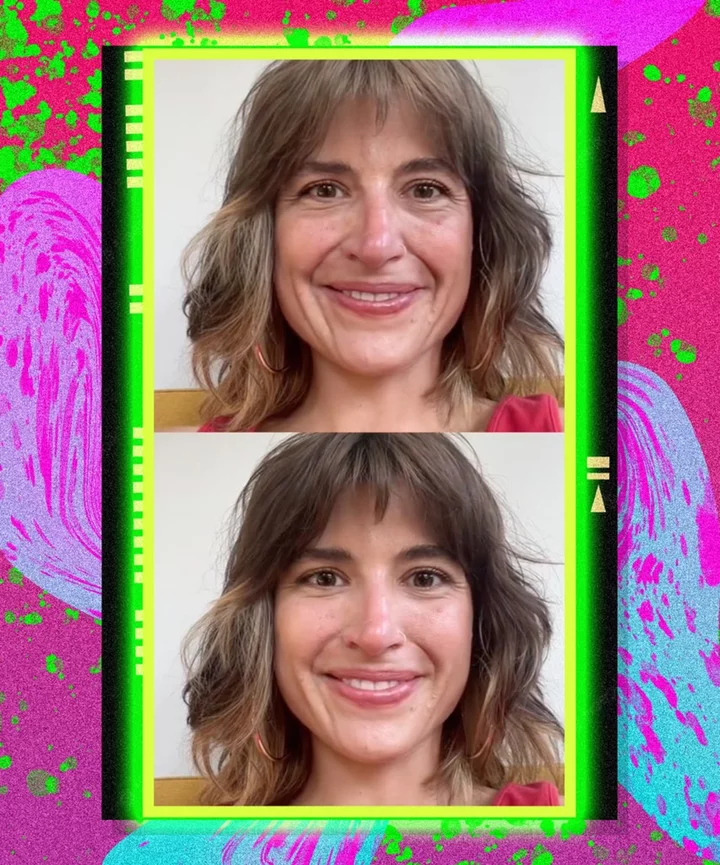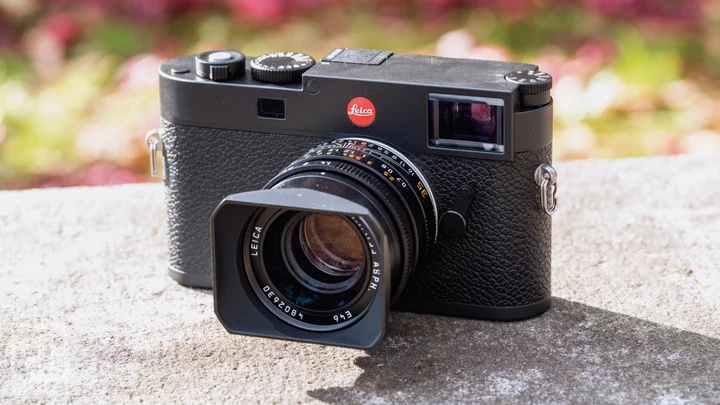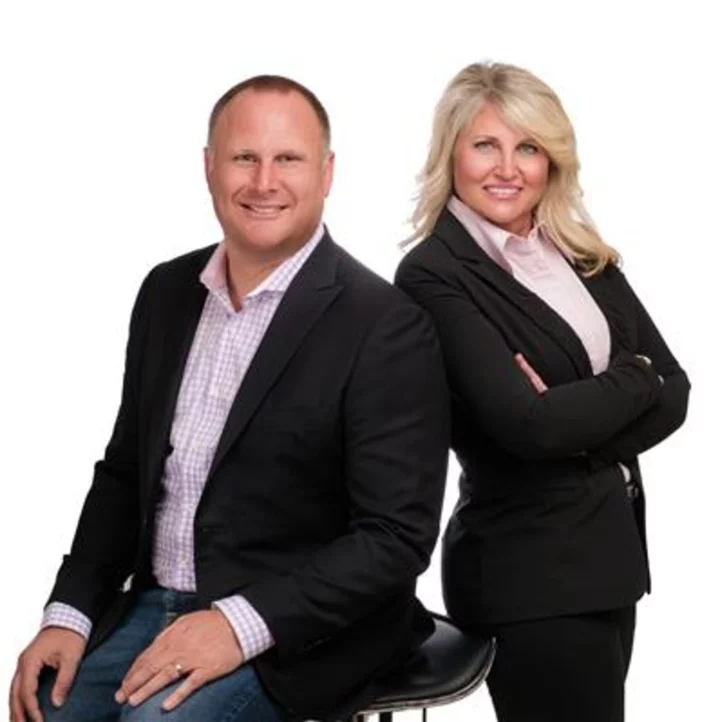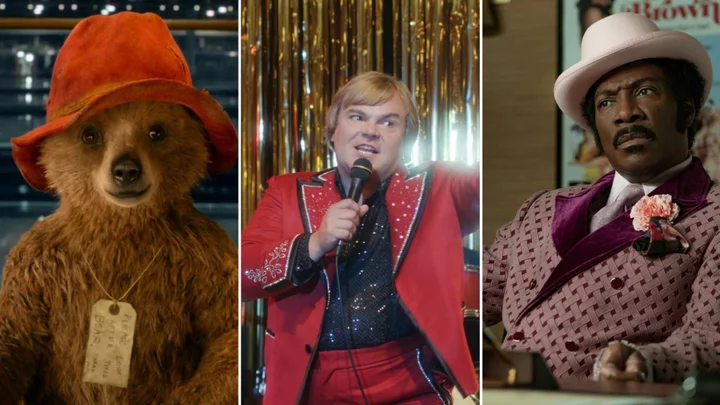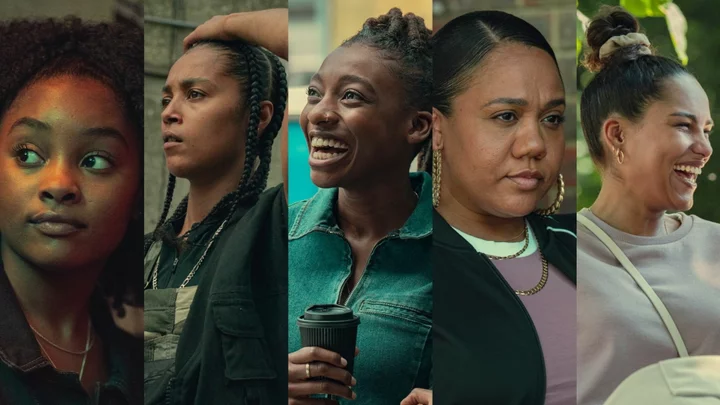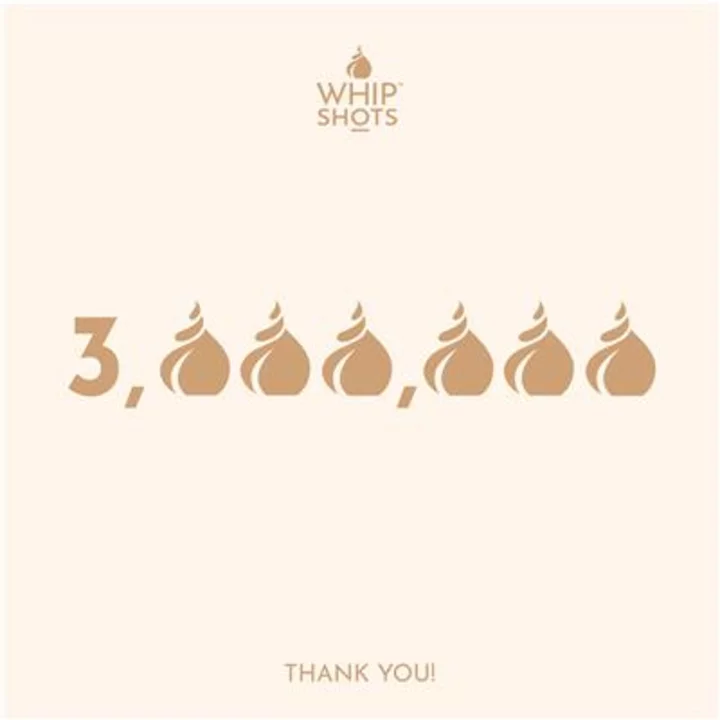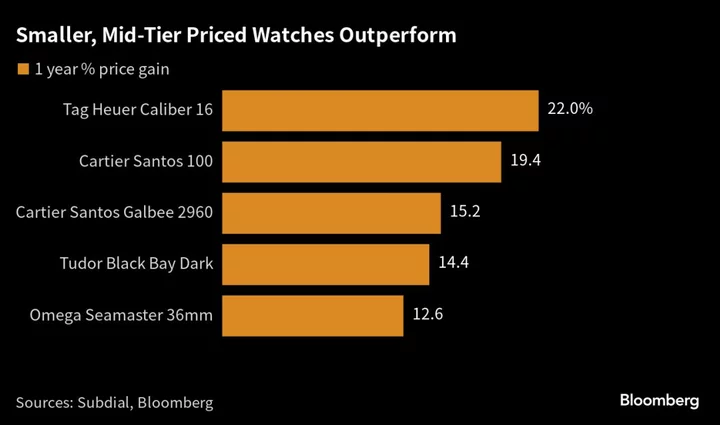As someone who’s worked in the beauty industry my entire career, there’s one thing I know for sure: We, as a society, will do just about anything to not look old. Even if it means forking out thousands of dollars for anti-aging skincare simply because it claims it can plump fine lines and smooth out wrinkles.
I’ve seen women change their entire faces with the help of a needle in pursuit of a younger visage. I’ve even done it myself, carefully masquerading behind the guise of “necessary” vocational research. But try as we might, there’s no slowing down the inevitable. As we get older, our skin stops producing collagen and things start to sag, wrinkles start to form and the plump facial volume synonymous with our youth starts to diminish.
But it’s not just our internal navigation systems telling us we need to go to great lengths to look young. There’s very specific messaging that we’ve become accustomed to ingesting as women in the world. Our mothers have heard it and so too have our grandmothers; past a certain age, a woman loses her value, at least as far as society is concerned. The summary of her worth comes down to how visually appealing her outer appearance is and the potential fertility of the reproductive organs inside of her. We hear the message loud and clear our whole lives, from the aspirational beauty of the smooth-skinned plastic Barbie dolls in our childhood, to the beauty industry that makes billions of dollars every year by pointing out insecurities it claims to be able to “fix.”
Of course, there are always rebellious voices who rise up through the noise and throw off the shackles of an anti-aging beauty routine. But the likelihood of the messages espoused by second-wave feminists in the ’60s and modern-day activist groups like Pussy Riot permeating the cultural mainstream is low. And what about those of us who fall somewhere in the middle? Some of us enjoy the vanity and welcome the opportunity for self-care in our busy schedules. There has to be a healthy balance; a way to accept aging with grace without our skincare routines becoming a potential battleground for personal politics.
Enter: TikTok’s polarizing and extremely viral “aged” filter.
Much like the app’s equally popular “bold glamour” filter, this mask of digitized wrinkles and sagging skin utilizes sophisticated AI facial recognition technology to move with your face, and predict how you will age. Some users have even used the filter on archive video footage of popular celebrities of the ’90s like Drew Barrymore and Adam Sandler to show just how the technology’s premonitions compare to real-life aging.
@janeyourbestie #agedfilter #oldcelebrities ♬ Originalton – F?On the ground, TikTok users are sharing their dismay at getting an up close and personal look at their potential future, pulling at their morphed facial features and frowning as they inspect each and every new wrinkle the app has painted on their face.
@home.with.stefania I was NOT prepared for our realistic this would be!! #aging #momsoftiktok #agingfilter #realisticfilter #inthefuture #motherhoodlife #lifewithkids ♬ original sound – StefaniaHowever, for every person disgusted by the mere idea of an older version of themselves existing one day, there’s a similar number of creators who have found a sense of peace and joy from the experience. “She looks so fun and full of life! I can’t wait to meet her,” says @yazzy_so_co0l.
@justhopinalongWonder who my boo will be when i’m 67
♬ original sound – Hope WoodardWhile others are even musing on what their older selves’ lives might be like in the future: “I just know she owns a book store, lives on the same street as all her best friends, and bakes a pie every Sunday,” says @bigbooklady.
@sugarplumgoth ?? #aged ♬ The Bug Collector – Haley HeynderickxA lot of people have found solace in the fact that the older version of themselves looks like a beloved family member or someone who’s passed.
“I used to tell my mum I wanted to look like her when I grow older,” says @laureenmuy. “This made me smile”.
“Everyone’s freaking out about this filter, but I kind of love it, because who do I look like?,” asked @thiskindalife. “I look like my nanny who just passed away a few months ago.”
@smollpol Old me kinda cute tho stilllll? BIG SMASH #fyp #foryoupage ♬ The Bug Collector – Haley HeynderickxSo is this filter accurate? The short answer is no. Plastic surgeons and dermatologists draw similarities between filter and markers of age in the face, but it’s important to understand that there are so many personal factors that play into the way we each age. A filter can’t predict our future.
Charlotte Palermino, an esthetician and the founder of Dieux Skin, posted an Instagram Reel in response to this filter. She jokes that a Botox brand would have commissioned this kind of filter. Moreover, she notes that the filters like this one “collage different features on you to fit an archetype.” We’re not all the same and won’t age the same either.
At the end of the day, whether you’re vehemently opposed to the cosmetic industry or open to a little bit of something here and there, it’s evident after the introduction of the aged filter that we’re all on very different pages when it comes to aging.
However, it is comforting to know that apps like TikTok offer us the opportunity to have this dialogue with an expanded global community that’s home to many different opinions on the subject. While the aged filter may not change the way we look at aging forever, it is starting the conversations that need to be had in order for us all to start thinking a little differently.
This story was originally published on Refinery29 Australia.

